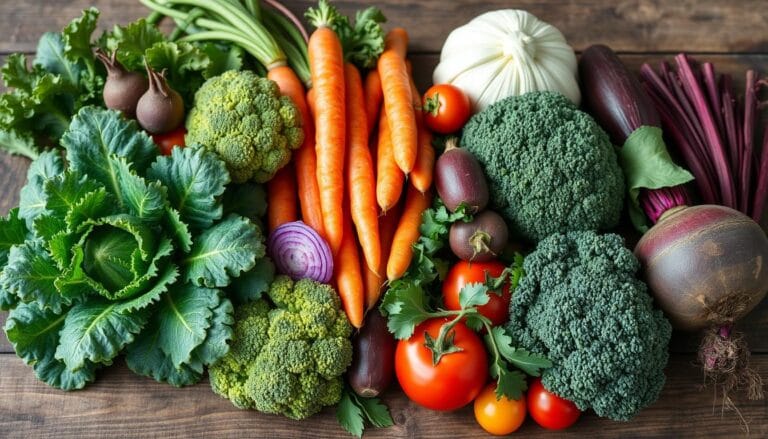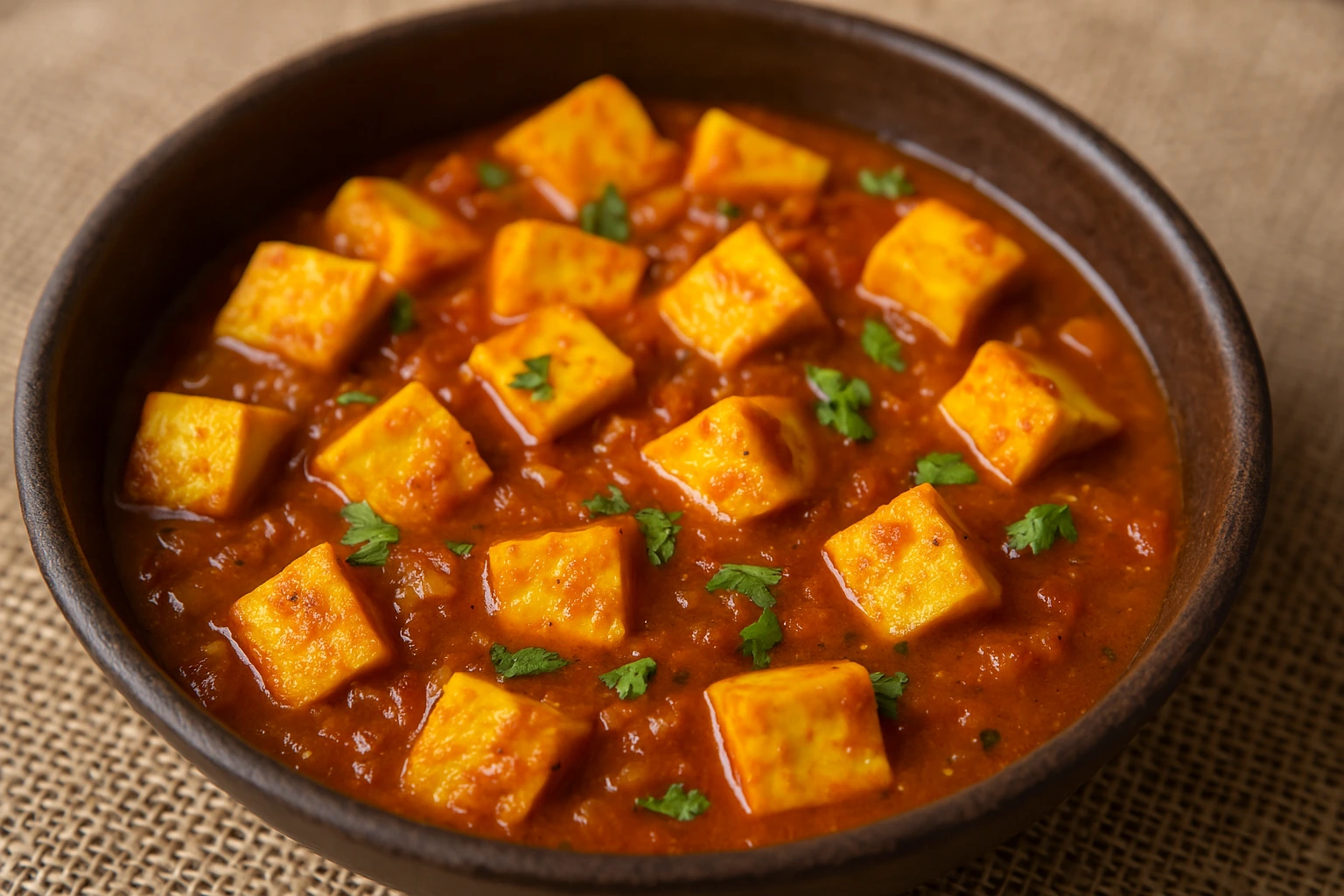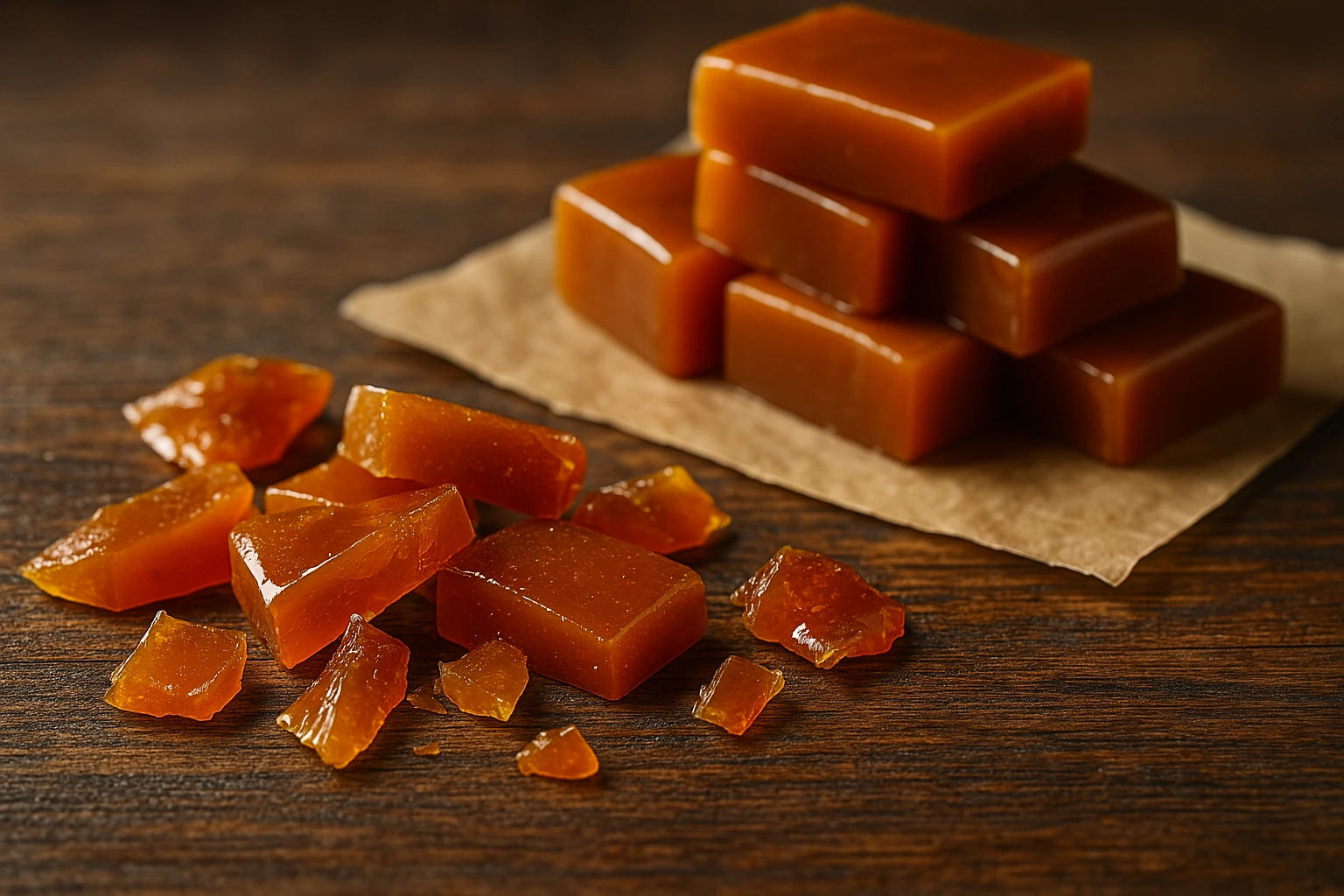Have you ever wondered which are Best Vegetables for Gut Health? Keeping our gut in good shape is esential to feeling well. Some vegetables have a positive impact on digstion and gut health.
Have you ever wondered what the Best Vegetables for Gut Health are and how they benefit your digestion? Keeping our gut in good shape is esential to feeling well. Some of the Best Vegetables for Gut Health can greatly improve digestion and overall wellness.
Lets explor the top vegetables to improve gut health that show real results. To boost our digestion, we can include these vegetable in our meals. This helps us maintain our health over the long term.
Key Takeaways
- Eating gut-friendly vegetables can significantly improve digestion.Incorporating the Best Vegetables for Gut Health ensures you get optimal nutrients for a balanced gut microbiome.
- These vegetables provide essential nutrients that promote a strong gut microbiome.
- Incorporating our top vegetables for gut health can lead to enhanced overall wellness.
- Understanding the role of fiber and prebiotics is key to boosting gut health.
- We will delve into how to incorporate these vegetables into our daily meals.
Understanding Gut Health
Gut health is essential to our overall health. It helps our bodies break down and get rid of waste. This ensures we consume the nutrients we need.
A healthy stomach makes digestion easier and boosts our immune system. It also affects our mental well-being. Keeping our stomachs healthy helps protect us from disease.
Digestive health depends on eating gut-friendly vegetables. Choosing the Best Vegetables for Gut Health helps maintain a healthy digestive system and reduces inflammation.These veggies are high in fibre, vitamins, and minerals. They help keep our gut microbiome healthy.
A healthy gut does more than only aid in the digestion of food. It affects our emotions as well. Food has the power to change our feelings. Therefore, choosing the right vegetables is essential.
Selecting gut-friendly, nutrient-dense vegetables is crucial. They maintain the equilibrium of our gut flora, aid in digestion, and enhance
The Importance of a Healthy Gut Microbiome
The gut microbiome is home to trillions of microorganisms in our intestines. Studies highlight the importance of a diverse gut microbiome for overall health, as explained in this Harvard Health article. This diverse group is key to our health. It helps with digestion and makes important vitamins like B vitamins and vitamin K.
It also helps protect us from harmful germs. A healthy gut microbiome is linked to better health. People with a diverse gut microbiome tend to be healthier.
Eating foods rich in nutrients and prebiotics is important. Adding the Best Vegetables for Gut Health to our diet strengthens the gut microbiome and enhances digestion. Foods high in fiber, like leafy greens and cruciferous veggies, help grow good bacteria in our gut.
What Makes Vegetables Gut-Friendly?
Examining the Best Vegetables for Gut Health reveals key traits like fiber and prebiotics. One important player is fibre. It avoids constipation and aids in digestion. Additionally, it nourishes our gut’s beneficial microorganisms.
Prebiotics are yet another crucial component. They promote the growth of beneficial bacteria. Prebiotics are abundant in foods including asparagus, garlic, and onions.
Vegetable phytochemicals also improve gut health. They regulate gut flora and combat inflammation. These chemicals are abundant in kale and broccoli.
In summary, consuming a range of these vegetables is beneficial to our digestive systems. Together, they enhance digestion and general well-being. This fosters a wholesome intestinal environment.
Top Vegetables for Healthy Guts
Some of the Best Vegetables for Gut Health have been discovered, each offering unique advantages that support digestion and promote a healthy gut microbiome. These vegetables are essential for improving gut health.
A Powerhouse of Nutrients: Spinach
Vitamins and minerals abound in spinach. Additionally, it has a lot of fibre, which aids with digestion. Spinach’s antioxidants help our stomach by lowering inflammation. Spinach stands out among the Best Vegetables for Gut Health due to its high fiber content and antioxidants.
Our nutrient intake is increased when fresh spinach is added to salads or smoothies. It aids in establishing a wholesome intestinal environment.
Broccoli: An Important Victory
One of the best options for intestinal health is broccoli. It contains substances that support the balance of our gut flora. Broccoli is undeniably one of the Best Vegetables for Gut Health and should be included in every diet. Additionally, it has a lot of fibre, which promotes regular bowel movements.
Broccoli can be a wonderful way to strengthen our digestive systems by steaming or roasting it.
Benefits of Asparagus as a Prebiotic
Because of its prebiotic properties, asparagus is excellent for our digestive systems. Asparagus is celebrated as one of the Best Vegetables for Gut Health due to its powerful prebiotic properties. Prebiotics maintain the balance of our intestines by nourishing the beneficial microorganisms there. Vitamins A, C, and K are also abundant in it and are beneficial to our health.
Our guts can be nourished by grilling, sautéing, or adding asparagus to salads.

| Vegetable | Key Benefits | Preparation Ideas |
|---|---|---|
| Spinach | High in fiber and antioxidants | Salads, smoothies, sautéed |
| Broccoli | Supports gut flora, rich in fiber | Steamed, roasted, stir-fried |
| Asparagus | Prebiotic benefits, nutrient-dense | Grilled, sautéed, in salads |
Other Top Vegetables for Gut Health
Numerous veggies have been discovered to be excellent for gut health. Every one of them benefits our digestive system in a different way. Let’s examine three foods that are beneficial to digestion: beets, kale, and carrots. Each of these contributes to making a list of the Best Vegetables for Gut Health with their unique properties.
Carrots: Rich in Fiber and Nutrients
Carrots are high in fibre and give our meals colour. This fibre maintains a healthy gut and aids with digestion. Carrots’ versatility makes them a staple among the Best Vegetables for Gut Health. Additionally, they contain beta-carotene, which is converted to vitamin A. This vitamin maintains the health of our intestines.
Kale: The Superfood for Digestion
There’s a reason kale is referred to as a superfood. Antioxidants and vitamins K and C are abundant in it. Its fibre feeds beneficial bacteria in our stomachs. Kale is undoubtedly one of the Best Vegetables for Gut Health, packed with essential nutrients and fiber.
Beets: Promoting Gut Flora
Additionally, Beets are among the Best Vegetables for Gut Health, aiding in gut flora balance and detoxification. They include a substance known as betalains and a lot of fibre. These maintain the balance of our gut flora and support our liver. We can improve our digestion by eating beets.
| Vegetable | Key Nutrients | Benefits for Gut Health |
|---|---|---|
| Carrots | Fiber, Vitamin A | Supports digestion, aids regularity |
| Kale | Vitamins K, C, Antioxidants | Feeds beneficial bacteria, improves digestion |
| Beets | Fiber, Betalains | Promotes gut flora balance, aids detoxification |
How to Incorporate Vegetables for Healthy Digestion
Adding the Best Vegetables for Gut Health to our meals can greatly improve digestion. A variety of gut-friendly vegetables not only boosts our digestive system but also provides us with essential nutrients to nourish the gut microbiome. Here are some easy tips to add these important foods to our daily meals:

- Start Smoothly: Blend spinach or kale into morning smoothies for a nutrient boost Experimenting with the Best Vegetables for Gut Health can make meal preparation both fun and nutritious that’s easy on the stomach.
- Incorporate into Snacks: Cut raw carrots or bell peppers into sticks to enjoy with hummus, providing a satisfying crunch and fiber.
- Mix in Soups: Add chopped broccoli or peas to soups for flavor and a hearty dose of gut-friendly vegetables.
- Creative Salads: Create colorful salads using a mix of vegetables like beets, arugula, and tomatoes to keep our meals vibrant and nutritious.
- Meal Prep: Cook a large batch of roasted vegetables every week. This can allow us to easily pair them with proteins and grains for balanced meals.
Try different cooking methods like steaming, roasting, or sautéing to make these vegetables taste better. Even small changes can make a big difference in our digestion and overall health, leading to a happier gut.
| Vegetable | Benefits |
|---|---|
| Spinach | High in fiber; supports digestive health |
| Kale | Rich in antioxidants; aids in detoxification |
| Broccoli | Contains sulforaphane; promotes gut microbiome balance |
| Carrots | Loaded with beta-carotene; supports gut lining |
| Beets | Rich in fiber and nitrates; improves blood flow and digestion |
By creatively adding these vegetables to our meals, we make big strides towards a healthier gut and better digestion.
Gut-Healing Veggies and Their Proven Benefits
Research shows that gut-healing veggies are key to a healthy diet. They help with digestion and boost our overall health. Eating veggies like spinach, broccoli, and asparagus can improve our digestive health and strengthen our immune system.
Studies emphasize the profound benefits of the Best Vegetables for Gut Health in maintaining digestive wellness. For instance, fiber-rich veggies are crucial for a healthy gut. They help us absorb nutrients better, leading to better digestion.
- Boost Immunity: These veggies give us vital vitamins and minerals that boost our immune system.
- Enhance Mood: Research shows that a healthy gut can improve our mood and mental health.
- Support Weight Management: Fibrous, low-calorie veggies help us feel full and manage calories well.
Adding these gut-healing veggies to our meals can greatly improve our digestion and health. By choosing the best veggies for gut flora, we can enjoy tasty and healthy meals that benefit our well-being.
Nourishing Your Gut Microbiome Naturally
Our journey to better gut health starts with nourishing vegetables for gut health. Eating a variety of vegetables, full of fiber and antioxidants, helps our gut microbiome. This variety is crucial for a healthy gut ecosystem, improving digestion and overall health.
Vegetables offer different nutrients that work together for better health. Leafy greens like spinach and kale are full of vitamins and minerals. Root vegetables, such as carrots and beets, add beneficial fibers for our gut. Including the Best Vegetables for Gut Health ensures a nourished and well-balanced gut microbiome.
- Spinach – High in fiber, vitamins A, C, and K.
- Kale – Rich in antioxidants that combat inflammation.
- Broccoli – Contains sulforaphane, which supports gut health.
- Carrots – Excellent source of beta-carotene and fiber.
- Beets – Promote production of beneficial gut bacteria.
In conclusion, focusing on vegetables for gut microbiome is key to a healthy gut. By choosing a variety, we keep our meals interesting and support our gut health naturally and effectively.
| Vegetable | Key Nutrients | Gut Health Benefits |
|---|---|---|
| Spinach | Vitamins A, C, K; Fiber | Supports digestion; Reduces inflammation |
| Kale | Antioxidants; Vitamins A, C | Fosters a healthy gut flora |
| Broccoli | Vitamins K, C; Fiber | Promotes beneficial bacteria; Detoxifies |
| Carrots | Beta-carotene; Fiber | Enhances gut motility |
| Beets | Nutrients; Folate | Supports overall gut balance |
Optimal Gut Health Vegetables: Cooking Tips and Tricks
Getting the most out of optimal gut health vegetables starts with the right cooking. Different ways to cook can make these veggies easier to digest and more nutritious.
Steaming is a top choice. It keeps vitamins and minerals in the veggies while making them soft. For instance, Steaming some of the Best Vegetables for Gut Health, like broccoli or spinach, preserves their nutrients and makes them easier to digest.
Roasting is another great way. Roasting carrots and beets brings out their rich flavors. This method also caramelizes their sugars, adding a sweet taste to our meals.
Raw veggies are important too. Adding raw kale or bell peppers to salads boosts our enzyme and fiber intake. A light dressing or lemon juice can make them taste great while supporting our gut health.
Seasonings matter a lot. Herbs and spices like ginger, turmeric, and garlic add flavor and benefits to our food. They make our meals more enjoyable and good for our gut.
By using the best cooking methods and seasonings, we can make gut-friendly veggies into tasty meals. Trying new ways to cook keeps our meals exciting and supports our digestive health.
Conclusion
Embracing the best vegetables for gut health is key to a healthy digestive system. We’ve looked at various gut-friendly veggies. They help us stay well by giving us vitamins, minerals, and fiber.
Eating a variety of these veggies in our meals boosts our nutrition. By focusing on the Best Vegetables for Gut Health, we ensure a diet rich in essential nutrients for gut wellness. It also helps our digestion and keeps our gut flora healthy. Choosing the right foods is a big step towards better gut health.
Let’s find new ways to enjoy these veggies. This way, our bodies get the best, leading to a happier, healthier life. Thanks for reading and checkout more at Zestful Meals Healthy receipes.
FAQ
What are the best vegetables for gut health?
Spinach, broccoli, asparagus, carrots, kale, and beets rank among the Best Vegetables for Gut Health due to their fiber and prebiotic content. They are full of fiber, prebiotics, and nutrients. These help with digestion and support our gut microbiome.
How do gut-friendly vegetables help digestion?
These veggies are packed with fiber and prebiotics. They help with regular bowel movements and feed good gut bacteria. This improves our gut health and makes digestion better.
Why is the gut microbiome important?
The gut microbiome is key for our health. It helps with digestion, nutrient absorption, immune function, and even mental health. Eating veggies supports a healthy microbiome, leading to many health benefits.
What makes vegetables gut-healing?
Gut-healing veggies have lots of fiber, vitamins, minerals, and phytochemicals. These help with digestion, reduce inflammation, and support good gut bacteria. They create a healthy digestive environment.
How can I incorporate more vegetables for healthy digestion into my diet?
Add gut-friendly veggies to salads, stir-fries, smoothies, or soups. Try steaming or roasting to make them taste better and keep more nutrients.
What are some nourishing vegetables for gut health?
Carrots, kale, and spinach are great for gut health. They’re rich in fiber and offer important nutrients for our body’s functioning.
Can consuming gut-healing veggies boost immunity?
Yes, eating gut-healing veggies can boost immunity. A healthy gut microbiome is crucial for our immune system. The nutrients in these veggies strengthen our immune system and improve our health.Have you ever wondered which vegetables are best for your gut health? Keeping our gut in good shape is esential to feeling well. Some vegetables have a positive impact on digstion and gut health.







